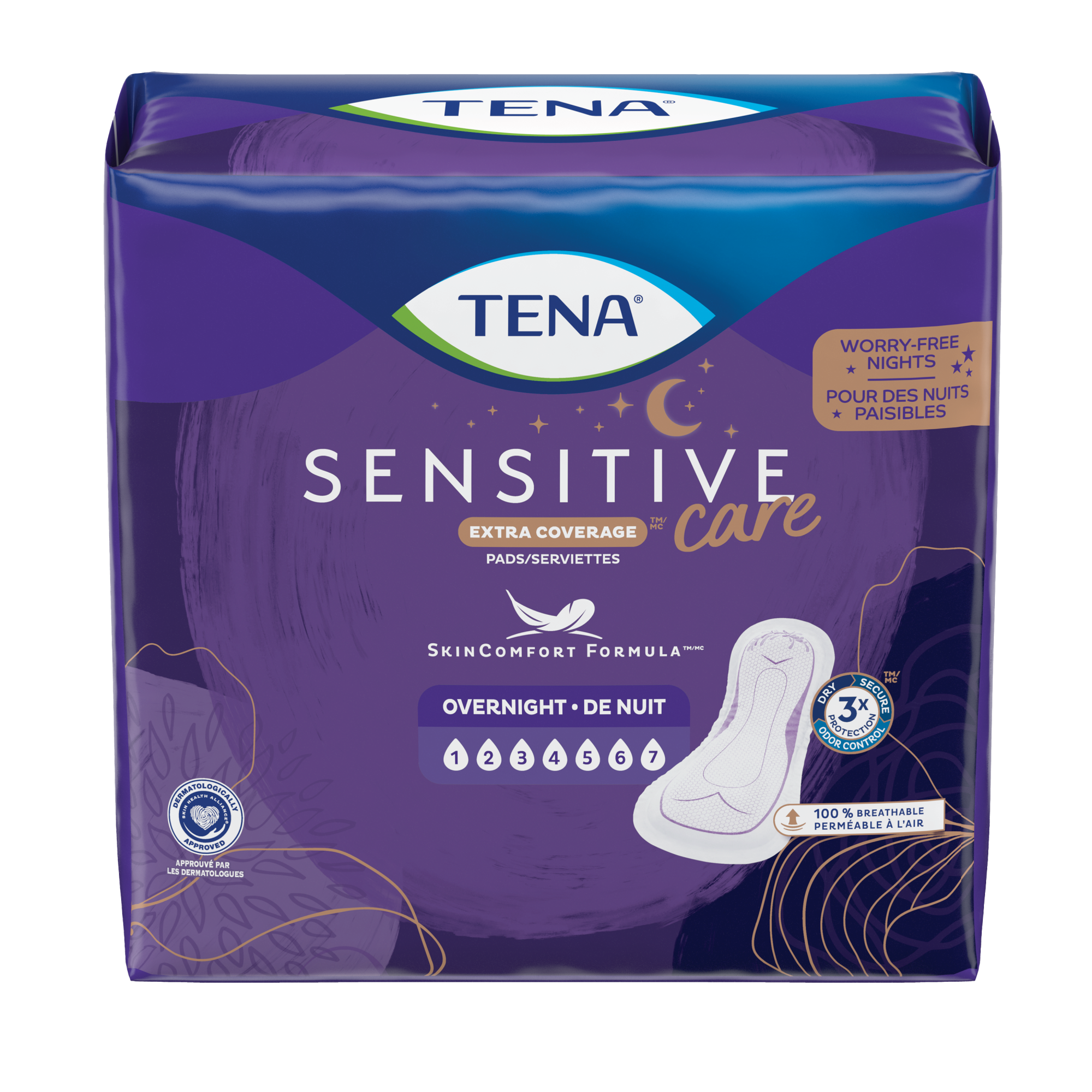Is Incontinence More Common in Women?
Yes, women tend to experience incontinence more often than men, and there are a few reasons for that.3 Things like pregnancy, childbirth, and menopause can all contribute.3 Pregnancy and childbirth can weaken the pelvic floor muscles, and when menopause hits, hormonal changes affect bladder control.3
Does Drinking More Water Help Incontinence?
It's important to stay hydrated but drinking too much can actually make bladder problems worse.4 How much water you need really depends on your health, how active you are, and even where you live.4
If you find yourself getting up several times during the night to use the bathroom, try drinking more fluids earlier in the day and cut back a few hours before bed.4 Skip alcohol, and limit drinks with caffeine—like coffee, tea, and cola—since they can make you need to pee more often.4
On the flip side, drinking too little can cause waste products to build up in your urine.4 This buildup can irritate your bladder and make you feel the urge to go more often. So, it's all about finding that balance.4
How Can I Strengthen My Bladder During Menopause?
To strengthen your bladder during menopause, focus on a combination of exercises, diet, and lifestyle changes. Pelvic floor exercises like Kegels are a great way to build strength in the muscles that support your bladder.3
Eating a fiber-rich diet can help prevent constipation, which can put pressure on your bladder.3,4 Avoiding bladder irritants like caffeine and alcohol and keeping a healthy weight can also help.3
Want to learn more? Check out this article for tips on pelvic floor exercises and how to support your bladder health.





